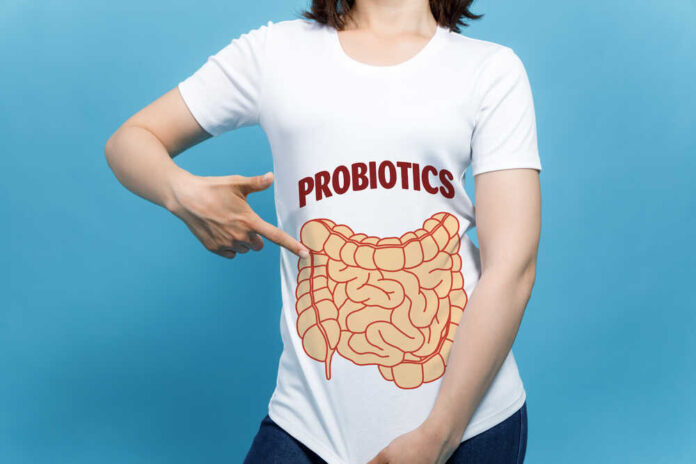
In the wake of the COVID-19 pandemic, our attention has been sharply focused on the invisible world of viruses and bacteria. We’ve been vigilantly sanitizing our hands, wearing masks, practicing social distancing—doing everything we can to keep harmful germs away.
But not all microorganisms are our enemies.
In fact, your body hosts an immense ecosystem of beneficial bacteria and microbes that work around the clock to maintain your health and well-being.
These good microorganisms are what we call “probiotics“.
Probiotics and the Microbiome
Probiotics are live bacteria and yeasts that are beneficial to our health, particularly our digestive system. They are a vital part of the human microbiome—the complex community of microorganisms that live in and on our bodies. Our microbiome plays a crucial role in our overall health, influencing everything from our digestion to our immune system, mood, and even our weight.
There are many different types of probiotic bacteria, each with its unique functions and benefits. Some of the most well-known probiotic strains belong to the Lactobacillus and Bifidobacterium families. These beneficial bacteria help break down food, absorb nutrients, and keep harmful bacteria in check.
The Gut-Brain Connection: How Probiotics Impact Your Mental Health
Research has identified a profound link between the gut and the brain, known as the gut-brain axis.
The gut microbiome interacts with the central nervous system (the brain and spinal cord), sending and receiving signals through neuroendocrine and metabolic pathways.
In this way, the nervous system can help regulate digestion. And also, your guts can influence your brain function and mental health, affecting things like mood, stress levels, and even memory.
Several studies have shown that probiotics may help alleviate the symptoms of mental health disorders such as anxiety, depression, and stress.
Certain strains of probiotics, such as Lactobacillus and Bifidobacterium, have been found to produce neurotransmitters like serotonin and dopamine, which are crucial for maintaining mood balance.
The Immune-Boosting Power of Probiotics
Probiotics also play a significant role in maintaining a healthy immune system. Approximately 70% of your immune system is located in your gut, making it a critical line of defense against harmful bacteria and viruses.
Probiotics contribute to this defense mechanism by enhancing the function of your gut barrier, preventing the colonization of harmful bacteria, and stimulating the production of natural antibodies.
They may also stimulate the production of immune cells like T-lymphocytes and natural killer cells.
A Healthier Digestive System with Probiotics
The most well-known benefits of probiotics are related to the digestive system. They help maintain a healthy balance of gut flora, which is essential for the proper digestion of food and the absorption of nutrients.
Probiotics can alleviate various digestive issues such as irritable bowel syndrome (IBS), inflammatory bowel disease (IBD), and diarrhea caused by antibiotics or infections. They achieve this by reducing inflammation, improving the gut barrier function, and suppressing the growth of harmful bacteria.
Adding Probiotics to Your Diet
The easiest way to get probiotics is to eat fermented foods like yogurt, kefir, sauerkraut, kimchi, and kombucha.
Probiotics are also available in supplement form, which can be a convenient option for those who find it challenging to incorporate these foods into their diet.
Different strains provide different benefits, and not all of them will survive the journey through your stomach to colonize your gut. If you are not sure which supplements you should take, ask your primary doctor for recommendations.






















